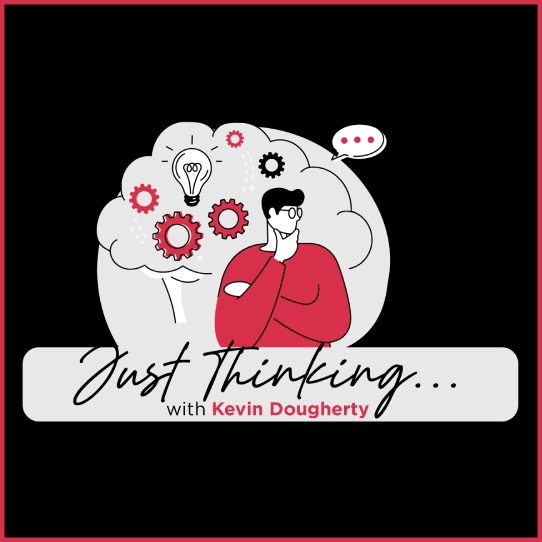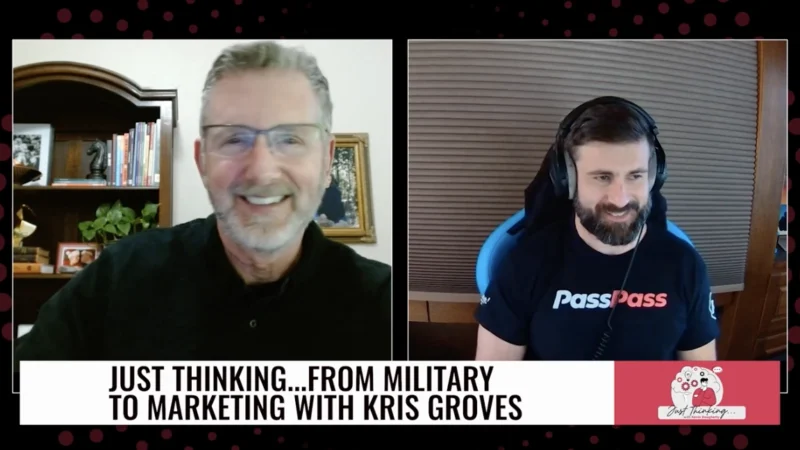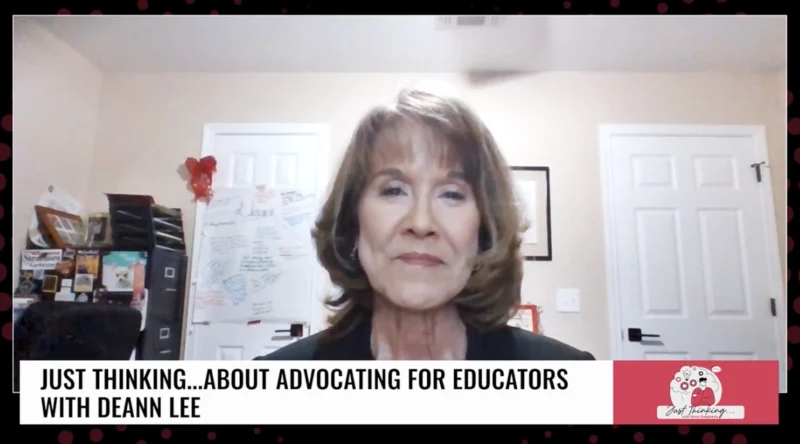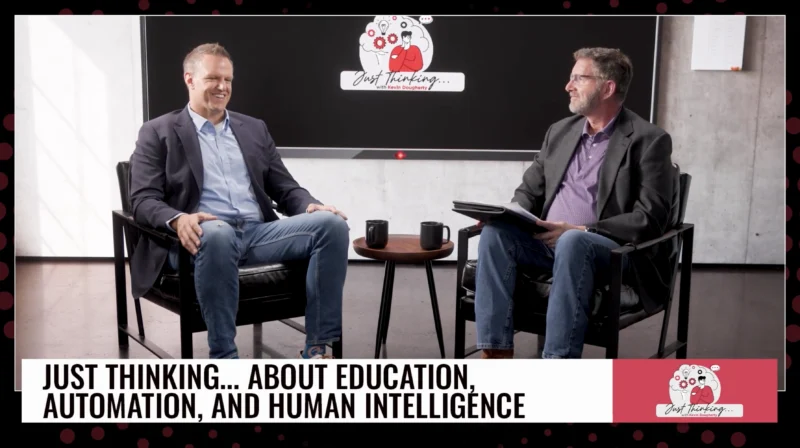Just Thinking… About Bridging the Gap Between Classrooms and Real-World Scientific Research
As advancements in technology reshape how we learn, innovate, and engage with scientific research, how can we cultivate a scientific mindset in education and beyond? Today’s discussion highlights a growing emphasis on curiosity-led learning as a catalyst for systemic change in education. Curiosity plays a crucial role in learner engagement, with research showing that it not only prepares the brain for learning but also significantly impacts academic achievement. So, how can we make curiosity a foundational element in classrooms and organizations?
In this episode of Just Thinking, host Kevin Dougherty is joined by Jason Osborne, the Chief Business Officer at syGlass and a multi-faceted explorer, inventor, and advocate for citizen science. Together, they explore the power of curiosity to inspire breakthroughs and discuss how we can better engineer learning systems to ignite curiosity in students, educators, and professionals alike.
Key Questions Addressed:
- How can curiosity reshape education and scientific discovery?
- What role does technology like VR and AR play in modern education?
- How do we bridge the gap between K-12 education and real-world scientific research?
Key Takeaways:
- Curiosity as a Catalyst: Osborne shares his journey from a small-town farm to becoming an inventor and White House Champion of Change.
- Learning Engineering: Insights into how Osborne implemented systems to “engineer learning,” enabling students to contribute to real-world scientific research, including projects on neuroscience and paleontology.
- Bridging Education and Technology: Discussion on using emerging tools like AR/VR to create immersive learning experiences and preparing students for the evolving demands of the workforce.
Jason Osborne is the Chief Business Officer at syGlass, with a career spanning biomedical science, aerospace, and education innovation. A White House Champion of Change and advocate for citizen science, Osborne has collaborated with institutions like the Howard Hughes Medical Institute, National Geographic, and the Smithsonian. His discoveries in paleontology have been chronicled by platforms like Discovery Channel and NPR, making him a pivotal figure in connecting education with cutting-edge science.
Article written by MarketScale.




